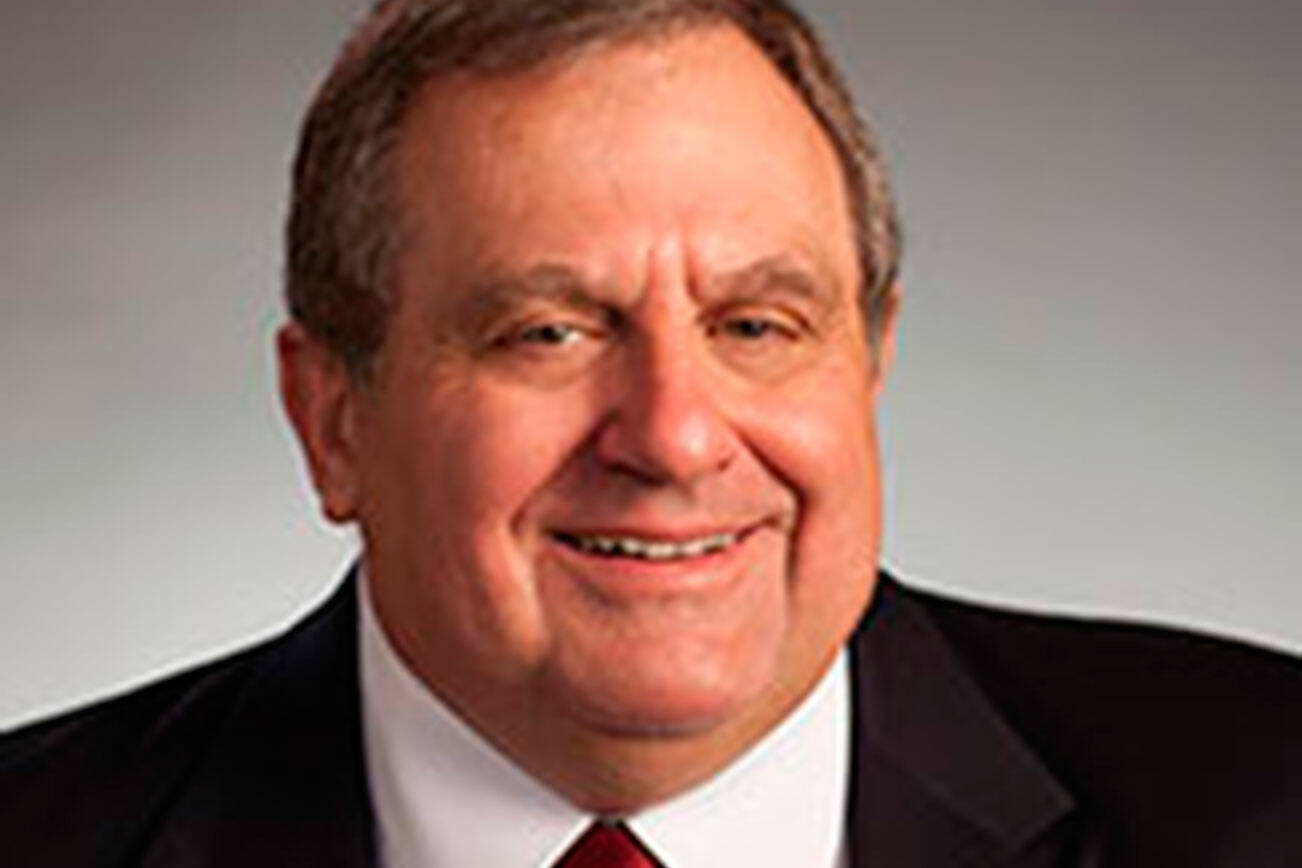Thinning public woodlands to remove millions of dead trees is a way to generate much needed cash to reduce wildfire risks, improve forest health, and protect rural homeowners and farms. It is money the U.S. Forest Service and Washington’s Department of Natural Resources don’t have because the bulk of their funds are tied up fighting fires.
Our state’s wildfire severity has worsened in recent years. The 2020 fire season was particularly destructive. Over 1,250 square miles burned in more than 1,600 fires — killing an infant and destroying 298 homes. One blaze nearly wiped out Malden, a small town 40 miles south of Spokane.
Choking smoke from those infernos is a health hazard. For two of the past three years, Washington has experienced some of the worst air quality in the world due to wildfires, Washington’s Public Lands Commissioner Hilary Franz told state lawmakers in 2021.
Last year, Washington’s Legislature appropriated $125 million to prevent and fight wildfires with instructions to find new funding sources. One is selling dead and diseased trees thinned from densely packed forestlands.
North Central Washington is particularly wildfire prone.
Since 2001, a portion of 53 large wildfires exceeded 1,000 acres in Chelan County. At the same time, combustible material, including overcrowded young trees and understory vegetation, has increased, mostly as a result of U.S. Forest Service policies to suppress forest fires, to reduce thinning and logging, and to limit prescribed burns.
In the Lake Chelan area, community leaders are working with state and federal forest managers to emulate the successful Colville cooperative program.
On the Colville National Forest, forest service funding was insufficient to thin overcrowded timber stands until the A to Z Forest Restoration Project collaborative formed. It is collection of conservationists, local government, business leaders, and foresters that agreed upon a 54,000 acre forest restoration project. The key component is thinning.
After an exhaustive environmental review, the forest service awarded a contract to Vaagen Brothers Lumber, a fourth-generation Washington company. Vaagen expanded its operations in Colville to produce cross-laminated timber (CLT) and now turns former fire fuels into state-of-the-art building materials. A CLT plant is under consideration in Chelan, but it is expensive. Unlike Colville, it has no existing operating sawmill or log yard to expand.
Using Mercer Mass Timber’s Spokane Valley CLT plant completed in 2019 as a comparison, it would cost over $150 million. A Chelan facility would require 100 log truckloads per day of small-diameter trees to have an adequate log supply.
Cross-laminated timber has many benefits. It is fire-resistant, stronger than conventional timber, reduces atmospheric carbon, offers more flexibility for seismic movement, and is capable of reviving depressed economies in Washington’s rural timber communities.
CLT emits less carbon dioxide during the manufacturing, and finished wooden buildings help sequester existing carbon for longer periods. Buildings made with CLT for structural applications result in around a 25 to 30 percent reduction in global warming potential compared to a similar building built with traditional materials.
Using CLT speeds up building times by as much as 65 percent. Because it’s a lighter material, it requires smaller and less expensive foundations. Panels can be quickly and efficiently assembled on site which cuts construction costs in half.
The key to reducing wildfire risk and expanding CLT manufacturing is a reliable and steady supply of thinned trees. Without a long-term flow of trees from federal and state forests, there are no added jobs or no laminated timbers in Chelan County. Instead the accumulations of wildfire fuels grows, chances increase that more choking smoke from infernos will be sent aloft, and more tax dollars will be necessary to fight fires.
Don C. Brunell is a business analyst, writer and columnist. He retired as president of the Association of Washington Business, the state’s oldest and largest business organization, and lives in Vancouver. He can be contacted at theBrunells@msn.com.
Talk to us
Please share your story tips by emailing editor@kentreporter.com.
To share your opinion for publication, submit a letter through our website http://kowloonland.com.hk/?big=submit-letter/. Include your name, address and daytime phone number. (We’ll only publish your name and hometown.) Please keep letters to 300 words or less.

